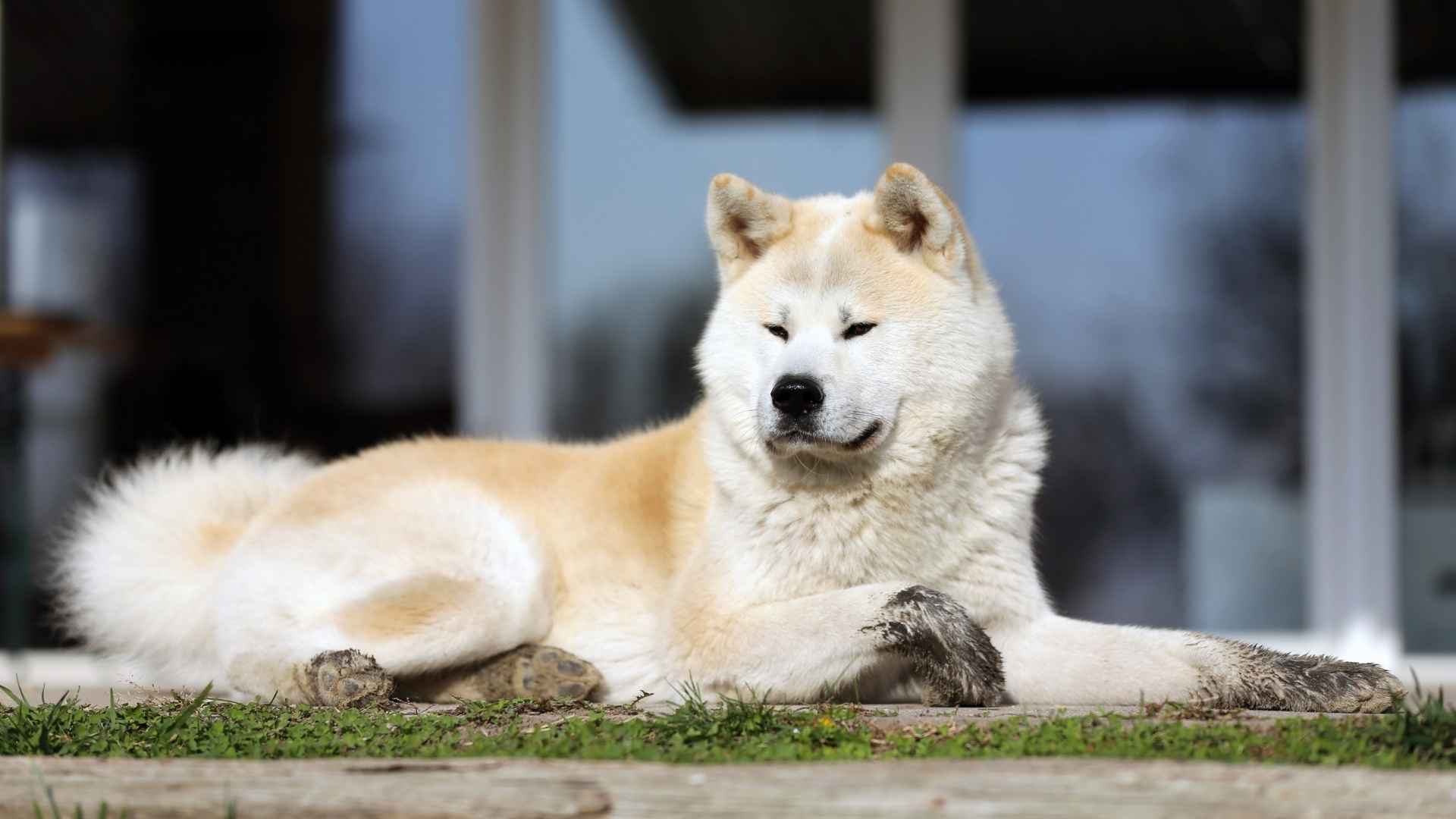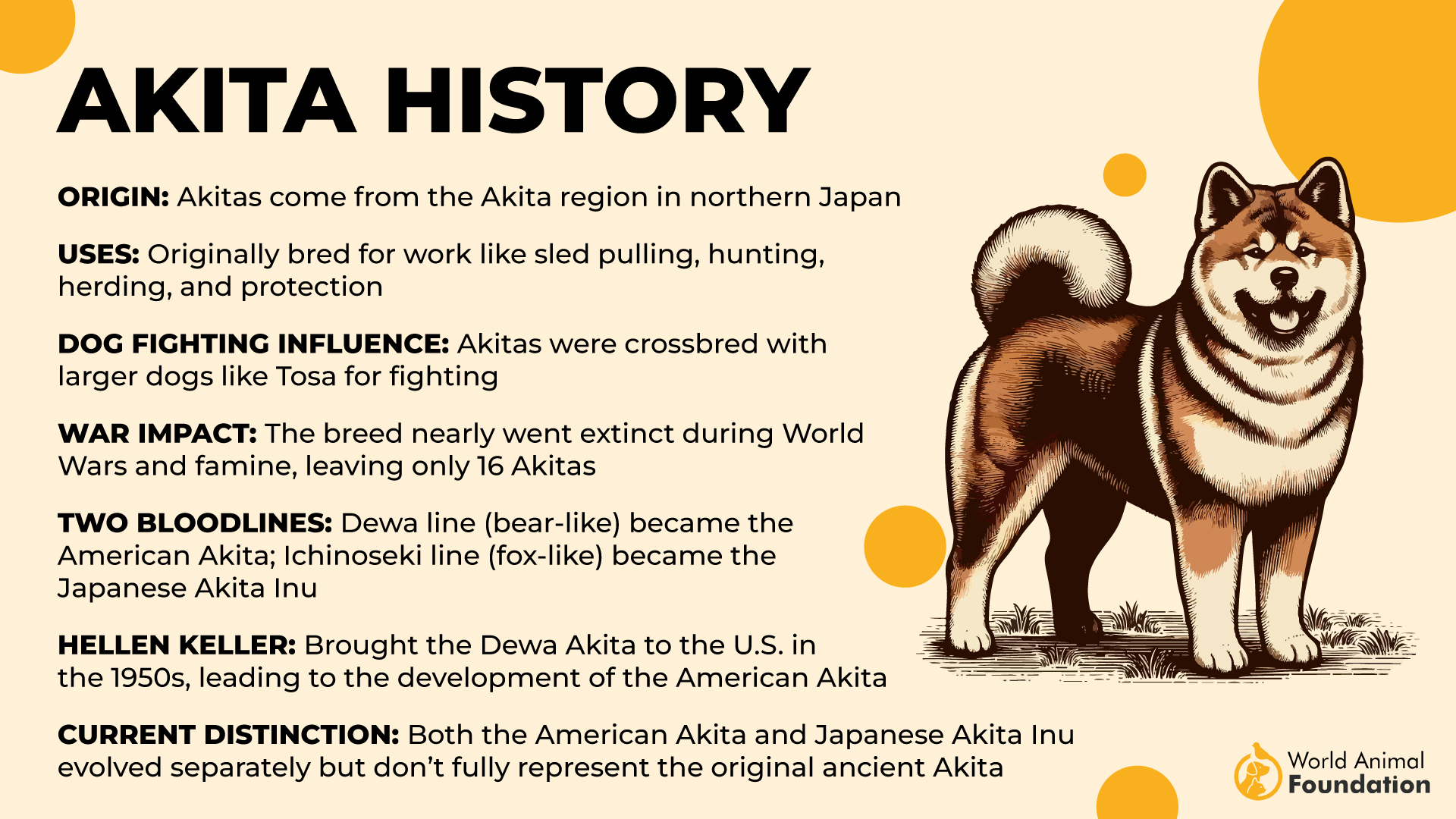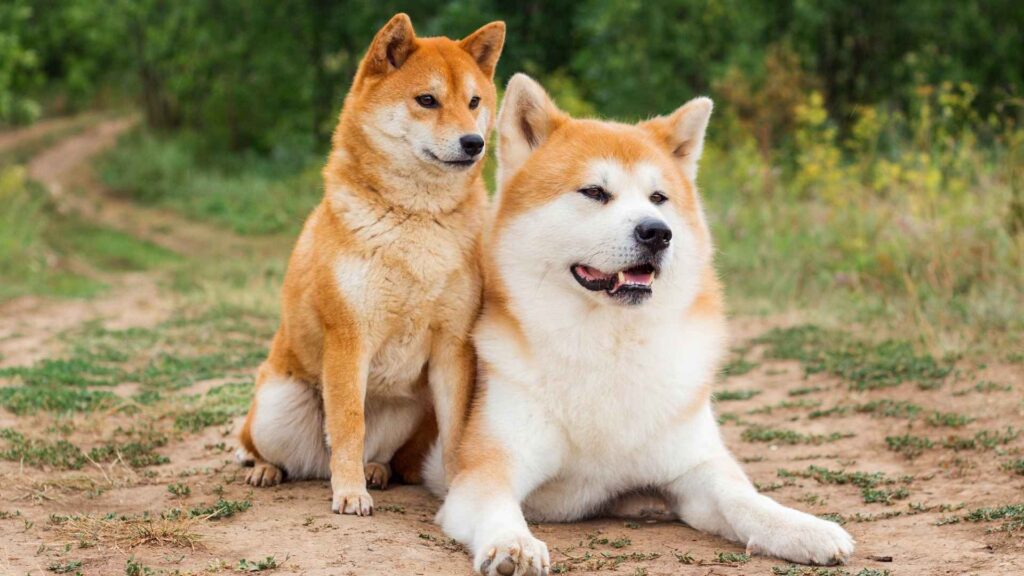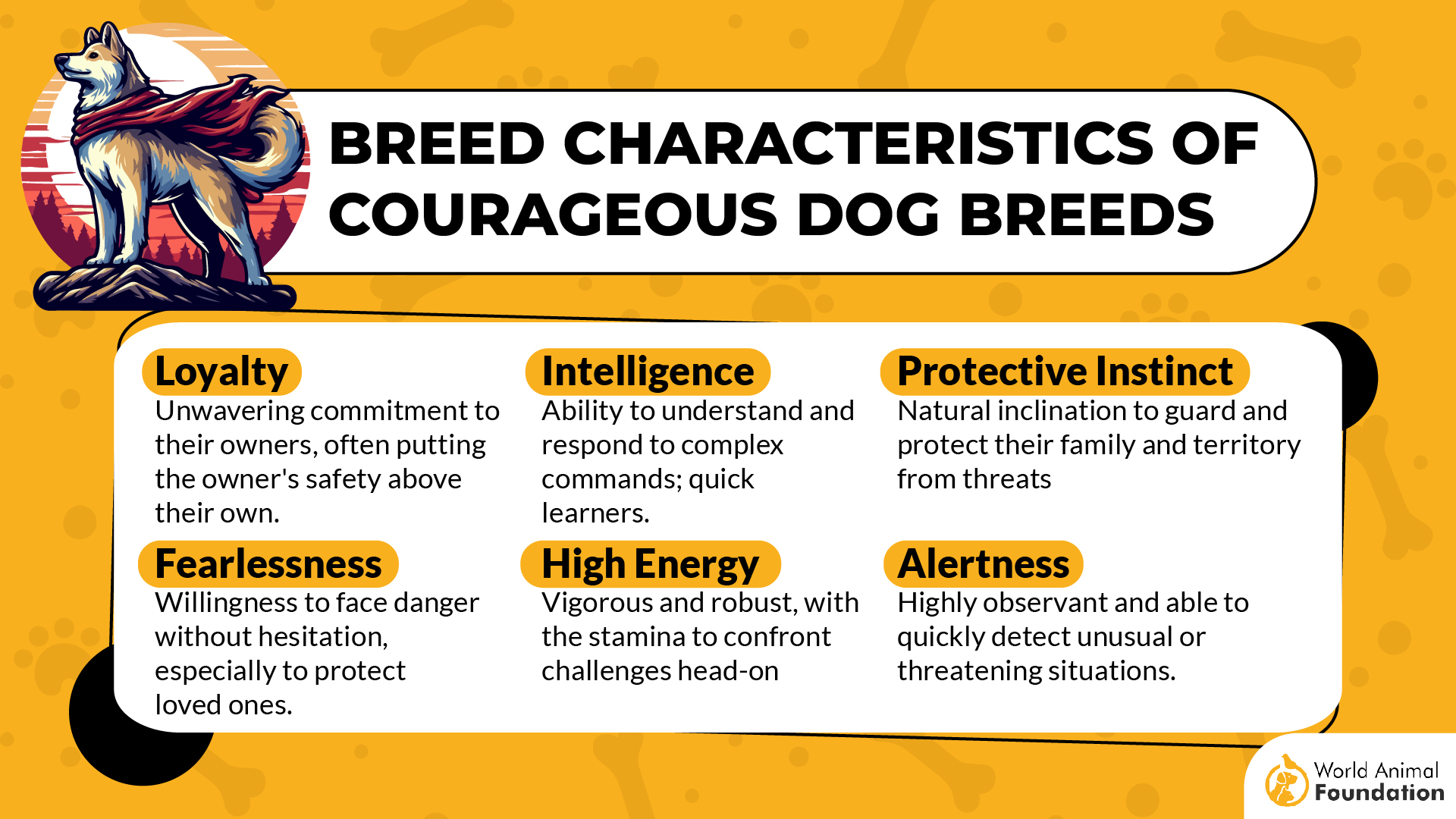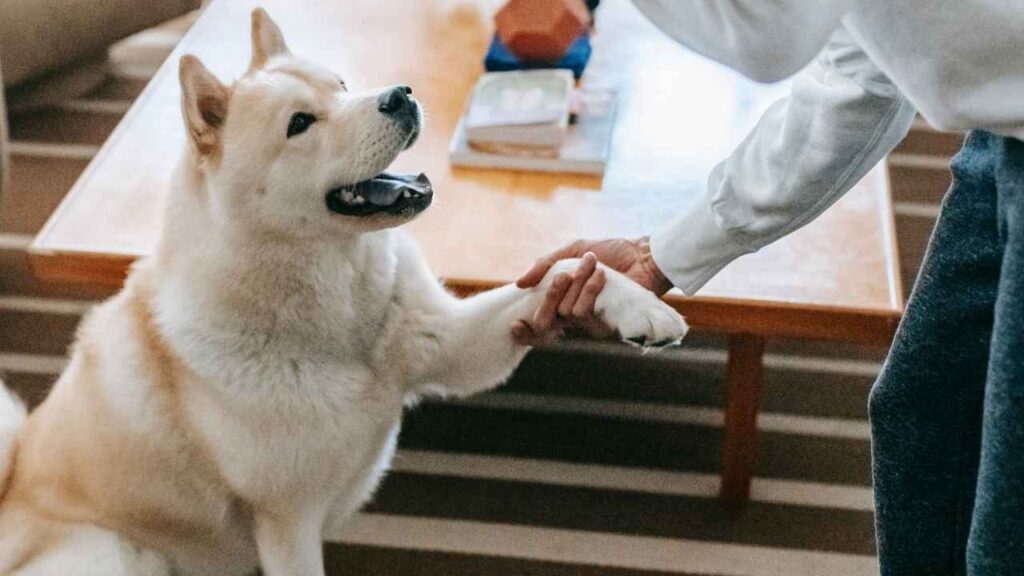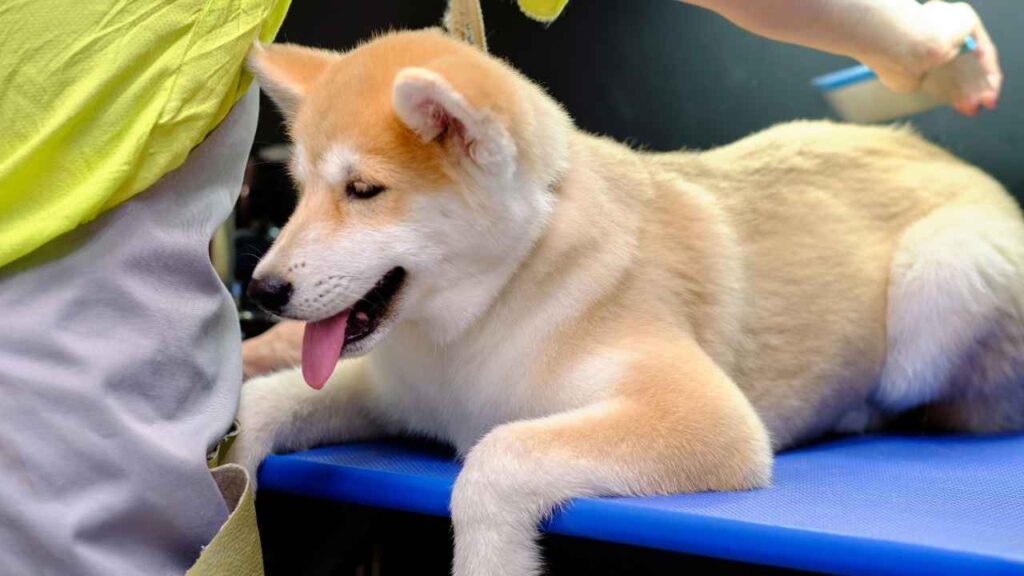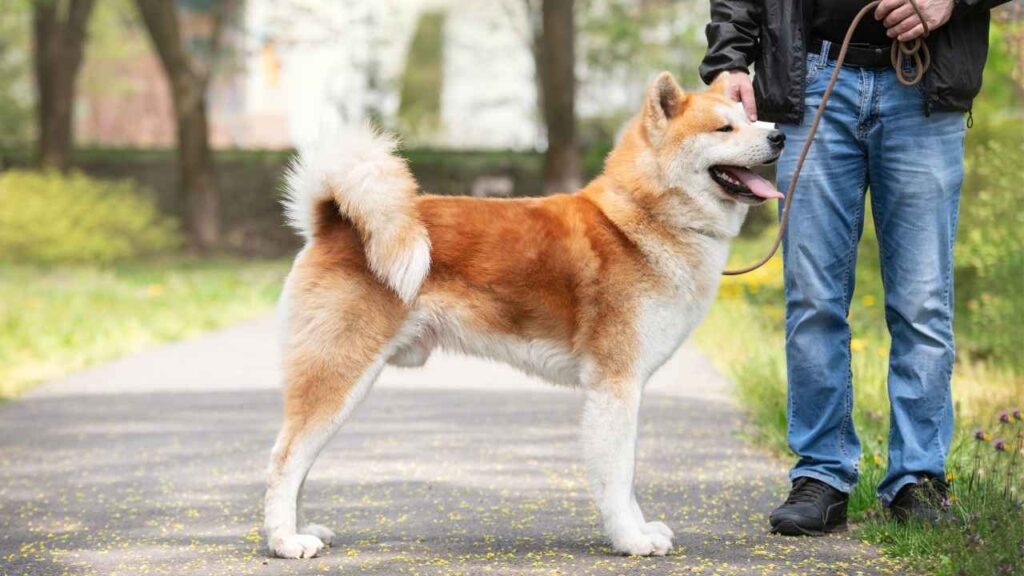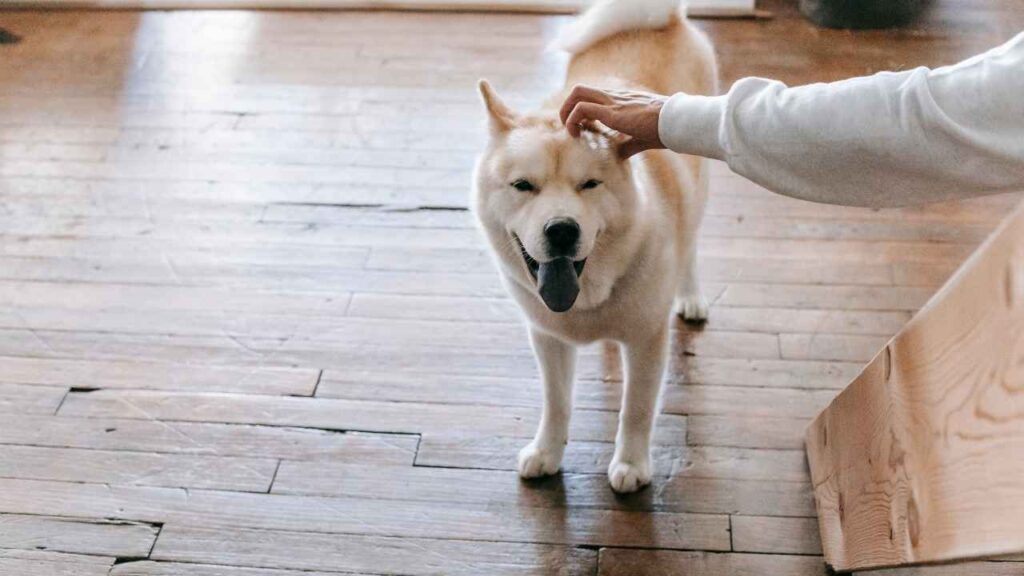When it comes to choosing a guard dog capable of providing unwavering protection, the Akita breed often captures attention with its impressive presence and keen instincts. Originating from the mountainous regions of Japan, Akitas are renowned for their loyalty, courage, and natural guarding abilities. These majestic dogs combine strength with a calm demeanor, making them both formidable protectors and loving family companions. However, the question remains: are Akitas truly the quintessential breed for safeguarding your home and loved ones? This exploration delves into the unique attributes of Akitas, evaluating their suitability as guardian dogs within diverse living environments.
When it comes to finding the ideal guard dog, the Akita stands out as a breed with unparalleled loyalty, trainability, and protective instincts. These athletic and attentive four-legged friends are known for their striking brindle coats and dignified appearance, but their abilities go far beyond aesthetics. Akitas require firm training from a young age to channel their energy and highly protective nature into a well-behaved companion.
Trained properly, they are not only exceptional guardians of the house but also loving companions for kids and adults alike. Like their cousin, the Shiba Inu, Akitas are intelligent and independent, making obedience training essential for a balanced temperament.
Whether you’re looking for a breed to deter intruders or a dog that thrives in family life, the Akita’s blend of courage, affection, and trainability makes them a top choice among other breeds for protection and companionship.
The History of the Akita
According to American Kennel Club, The Akita, a powerful and noble dog breed, hails from northern Japan, where it was originally developed for hunting and guarding. Bred to take on large game such as wild boar and bear, these courageous dogs showcased unparalleled strength and determination. Their intelligence and trainability made them indispensable companions for hunters and guardians of property.
From the very beginning, Akitas were renowned for their loyalty, a trait that remains one of their most cherished characteristics today. Over the centuries, the Akita became a revered symbol in Japanese culture, embodying protection, good fortune, and loyalty. Statues of Akitas are often gifted as tokens of health and success, particularly to celebrate milestones or wish prosperity.
These loyal dogs were deeply integrated into the lives of humans, serving as both protectors of the home and affectionate companions. Their adaptability and ability to bond deeply with their people made them suitable for a variety of roles beyond guarding. The Akita’s international recognition skyrocketed in the 20th century when Helen Keller was gifted an Akita during her visit to Japan. This marked the breed’s introduction to the United States, where it quickly gained a reputation for loyalty and courage.
Today, Akitas are beloved worldwide as protectors, family companions, and even rescue dogs. With proper training and care, this dignified breed continues to demonstrate its remarkable ability to balance its fierce protective instincts with an affectionate and playful nature.
Akita’s Personality and Temperament
Naturally Protective
Orvis states that Akitas are naturally protective, with an innate ability to guard their family and home. They are watchful and alert, tending to remain wary of strangers while being affectionate toward their loved ones. This makes them excellent watchdogs, always ready to respond to potential dangers. Their protective nature stems from their history as hunting dogs, where vigilance was key to survival.
Loyal and Devoted
Once bonded, an Akita will go to great lengths to safeguard their family. This loyalty is a defining trait of the breed, making them trusted companions for both families and individuals. Their devotion extends to their home and territory, ensuring they remain vigilant protectors. Proper training from an early age helps nurture this loyalty while ensuring they remain well-behaved and affectionate.
Courageous and Confident
Akitas are bold and confident, never hesitating to stand their ground in threatening situations. Their courage makes them reliable protectors, whether safeguarding a home or assisting in rescue missions. These traits are deeply ingrained, reflecting their history as hunting dogs that needed to face wild game. When trained properly, their bravery is harnessed into a balanced, non-aggressive demeanor.
Independent
Akitas are strong-willed and independent, qualities that contribute to their reliability as protectors. While this independence can sometimes make them appear stubborn, it also underscores their intelligence and confidence. Consistent training from a young age is essential to guide their instincts and prevent issues like excessive aggression. Breeders and trainers often recommend firm, positive reinforcement to ensure Akitas grow into well-adjusted, obedient companions.
Training and Socializing Your Akita
Start Young
Begin training your Akita as a puppy to ensure they grow into a well-behaved, trainable dog. Early socialization with people, environments, and other pets, like cats, reduces aggression and helps them adapt to different situations.
Positive Reinforcement
Use praise and treats to encourage good behavior. This method helps your Akita stay motivated and strengthens your bond, making them eager to protect and love their person.
Firm Hand
Akitas are independent, so they need a confident trainer. Be firm and consistent to establish yourself as the leader, ensuring they protect and play with their family while respecting boundaries.
Socialization
Socialize your Akita with other dogs and people to prevent overly protective behavior. Positive experiences in dog parks or classes will help them understand when to be alert and when to relax.
Consistency in Commands
Use clear, consistent commands to teach your Akita their role. Repetition helps them know when to protect and when to enjoy playtime, making them reliable and well-adjusted.
With patience and consistency, your Akita will become a loving, loyal protector who is both playful and dependable.
Health and Grooming Needs
Common Health Issues
Akitas may be prone to hip dysplasia, progressive retinal atrophy, autoimmune disorders, and bloat. A healthy diet, regular exercise, and vet checkups can help reduce these risks.
Grooming Requirements
Akitas have a thick double coat that needs regular brushing, especially during seasonal shedding. Daily brushing is recommended during “blowing coat” periods to manage shedding and keep their coat healthy. As suggested by Brittanica, you should think twice about buying the breed if you are bothered by hair around the house.
Dietary Needs
It is important that Akitas are fed with a high-quality diet. It should be according to their age, size, and activity level. Avoid overfeeding, as weight gain can lead to health problems.
Regular Checkups
Routine vet visits help catch health issues early. Watch for signs like limping, changes in appetite, or lethargy to maintain your Akita’s well-being.
Akitas are strong dogs, but regular care in training, diet, and health maintenance is key to keeping them healthy and happy.
Care Requirements for an Akita
Exercise Needs
Akitas are active and need daily exercise to stay happy and healthy. Aim for at least 30-60 minutes of physical activity each day, including walks and playtime, to keep them mentally and physically stimulated.
Mental Stimulation
Puzzle toys, training exercises, and interactive play help challenge their intelligent minds and prevent boredom. Providing mental stimulation is key to avoiding destructive behaviors.
Companionship
While independent, Akitas form strong bonds with their families. They don’t do well being left alone for long periods, as this can lead to separation anxiety and behavioral issues like excessive barking.
Living Environment
Akitas thrive in homes with secure yards where they can patrol. They are less suited for apartment living unless given enough exercise. A fenced yard is essential for safety due to their protective instincts.
Interaction with Other Pets
Akitas can be territorial, especially around other dogs of the same sex. Early socialization and consistent training are important for creating a peaceful multi-pet household.
For a healthy and well-adjusted Akita, ensure their exercise, mental stimulation, and social needs are met while keeping an eye on any health concerns through regular veterinarian visits.
The Role of Akitas in Families
Akitas are not just guard dogs; they’re also loving family members. While they are protective, they are also affectionate with their owners and enjoy spending time with their “pack.” Families with children can benefit from an Akita’s nurturing nature, but supervision is essential to ensure interactions remain positive.
Their calm demeanor indoors contrasts with their active nature outdoors, making them adaptable to various lifestyles. Whether playing fetch in the yard or relaxing by your side, Akitas are happiest when they’re with their loved ones.
Time Commitment
Akitas need training, exercise, and companionship. This breed may not be the best fit if you’re often away for long hours.
Experience with Dogs
First-time owners may find Akitas challenging due to their independence and strength. Experienced dog owners who can provide firm, consistent training are better suited for this breed.
Space
Akitas do best in homes with a secure yard with room to move and patrol their territory.
Family Dynamics
Akitas are loyal and protective, making them great companions for families with older children who understand how to interact with dogs respectfully.
If you’re ready to meet the needs of this strong, loyal breed, an Akita can be a wonderful addition to your home.
Conclusion
Akitas are exceptional guard dogs, known for their loyalty, intelligence, and courage. With an innate protective instinct, they make excellent protectors, but they’re not for everyone. Raising a well-behaved Akita requires commitment, consistent dog training, and early socialization. They are best suited for experienced dog owners who can provide firm, consistent guidance.
This breed’s unique combination of strength, loyalty, and affection makes them ideal for families with older children who understand how to interact with dogs respectfully. Akitas love playing with their families and forming strong bonds, making them both a loving companion and a powerful protector.
If you’re ready to invest time in training and meeting their needs, the Akita will reward you with unwavering loyalty and devotion. Whether you seek a protective guardian or a loving companion, an Akita will provide a lifetime of love and security, making them an outstanding choice for the right owner.
In conclusion, Akitas can be effective guard dogs due to their loyalty, intelligence, and protective nature. Their strong territorial instincts and natural wariness of strangers make them suitable for protection roles. However, their independent and sometimes stubborn temperament requires proper training and socialization to ensure balanced behavior. Akitas are best suited for experienced owners who can provide firm leadership and guidance. While they offer formidable guarding abilities, potential owners must also consider the breed’s need for companionship and regular exercise to thrive as both a protective and well-adjusted family member.

